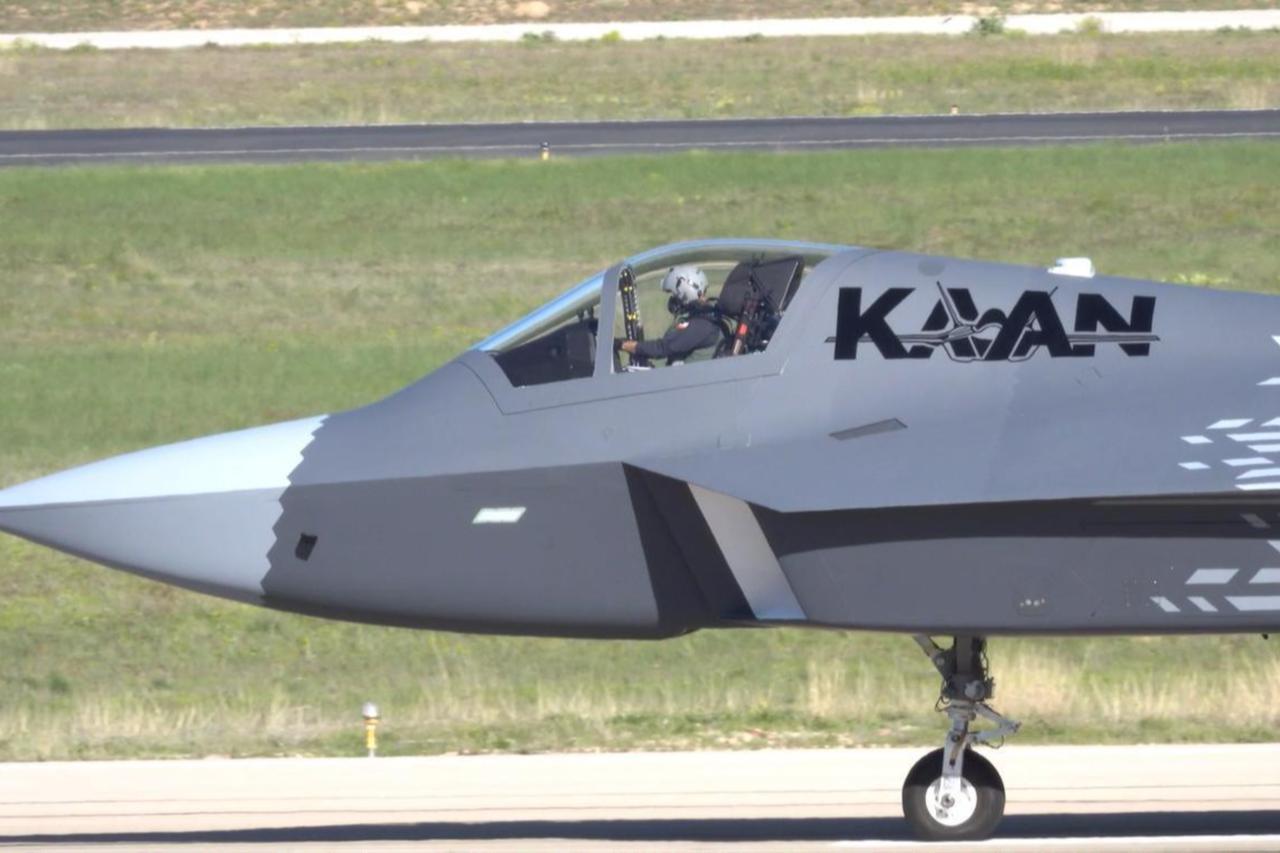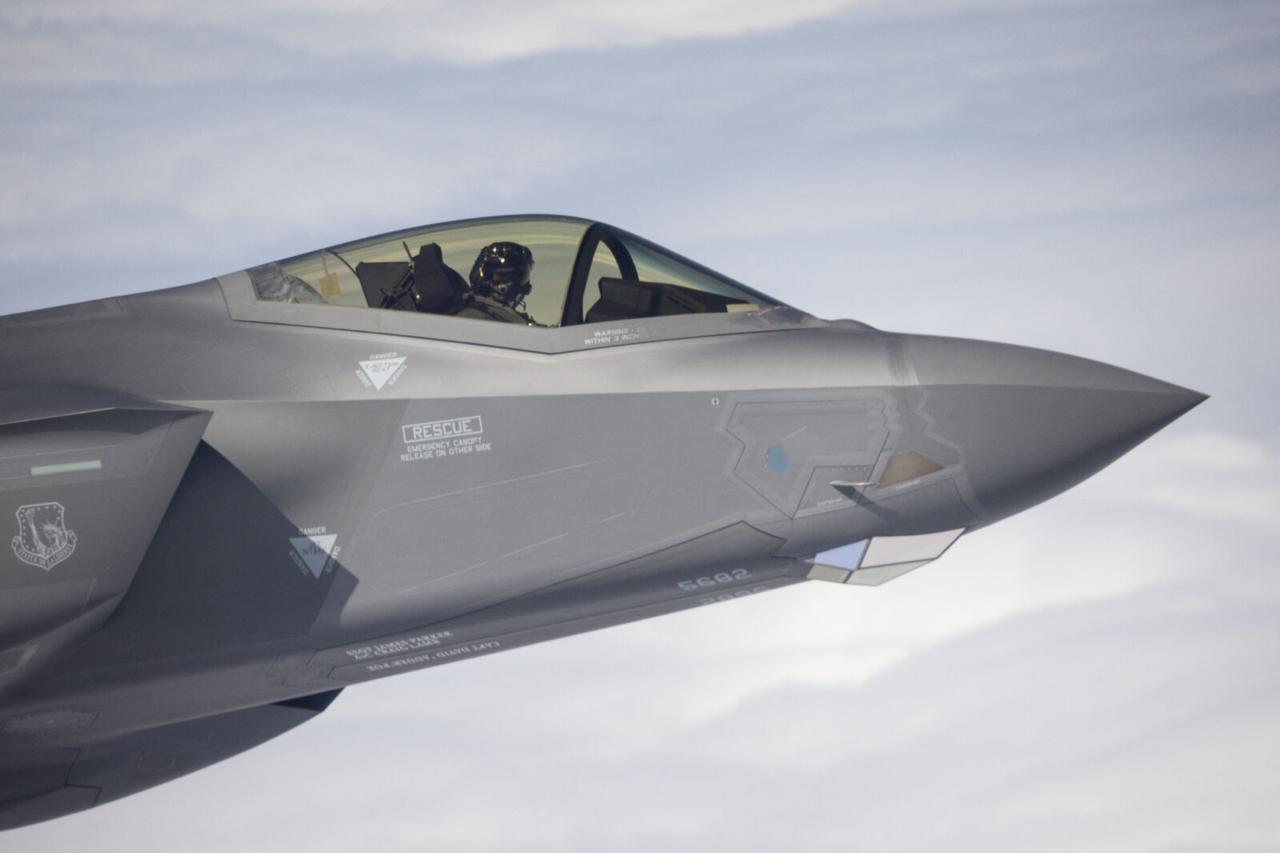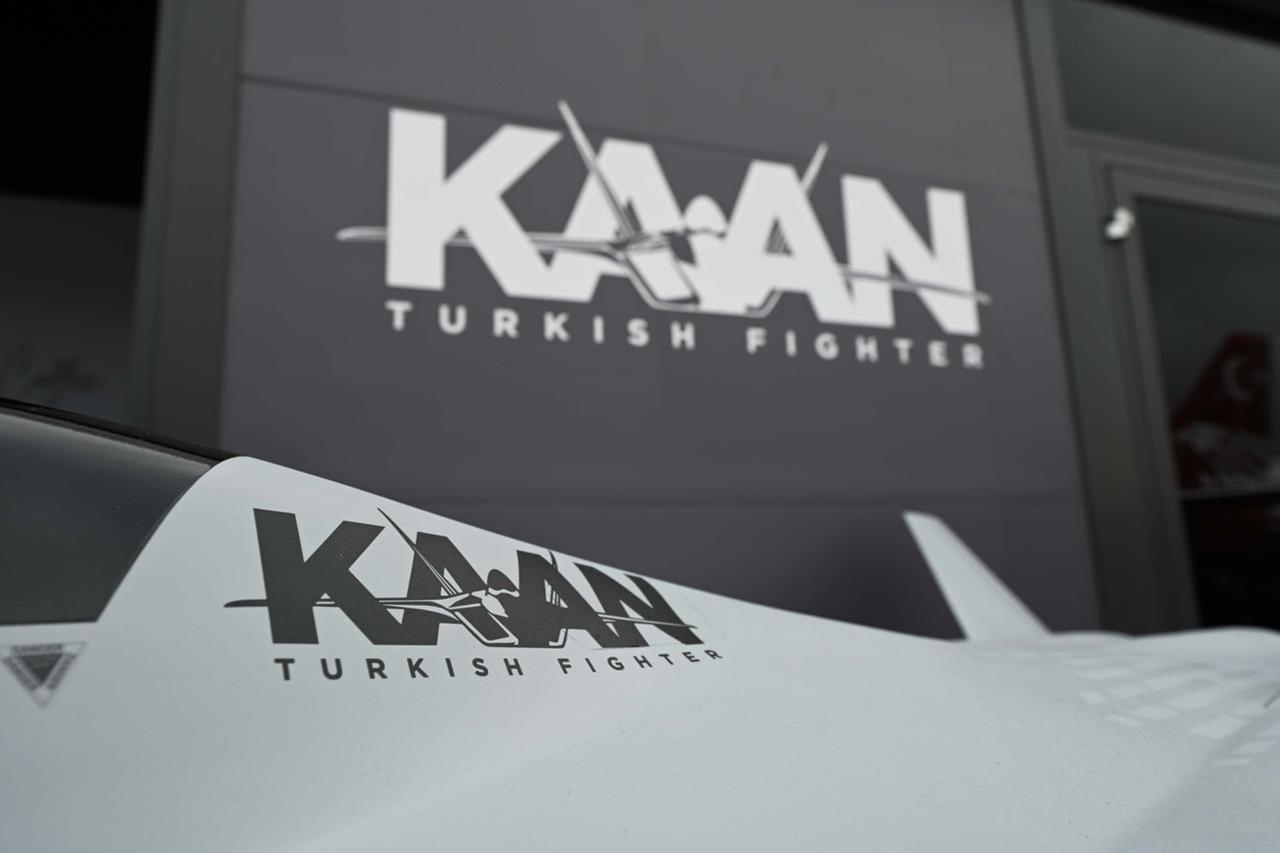
Spain has indefinitely suspended plans to acquire U.S.-made F-35 Lightning II fighter jets, according to Spanish media outlet El País, prompting Spanish defense analysts to examine Türkiye's fifth-generation KAAN fighter aircraft as a potential strategic alternative for both the Spanish Air Force and Navy, according to reports from Spanish media outlet Defensa y Seguridad.
The Spanish government has officially put on hold negotiations with Lockheed Martin for the F-35 fighter jets, despite earlier budgetary allocations and preliminary discussions, government sources told El Pais.
Madrid's decision follows its April approval of a €10.471 billion ($12.126 billion) defense spending plan, with a commitment to allocate 2% of gross domestic product (GDP) to defense and security.
However, Spain's strategic decision to channel 85% of these funds toward European-made military systems has made the U.S. aircraft procurement "incompatible" with national defense priorities, according to the sources.

Spanish defense analyst Roberto Escamez, writing in Defensa y Seguridad, examined Türkiye's indigenous KAAN fighter project as a potential alternative following the F-35 cancellation.
"The KAAN, Spain, and our strategic dilemma. KAAN and the Turkish aerospace industry: a future of collaboration and challenges," Escamez wrote, analyzing the strategic implications of the Turkish fighter program for Spain's defense needs.
The analysis highlighted that "KAAN is not just an aircraft; it is the spearhead of a national strategy to achieve full technological autonomy and consolidate the Turkish aerospace industry as a global force."
The KAAN, previously known as TF-X, is being developed by Turkish Aerospace Industries (TAI) as a stealth, multi-role fighter designed to operate in network-centric warfare environments, with plans to replace Türkiye's F-16 fleet starting in the 2030s.
Key technical features include:

Spain and Türkiye have already established defense cooperation through the Hurjet trainer aircraft project, which the Spanish analysis suggests could serve as a model for future initiatives.
The Spanish defense publication outlined several strategic considerations for potential KAAN collaboration:

The analysis particularly emphasized the potential development of a naval KAAN variant for carrier operations.
"In the case of an FCAS cancellation, and if the F-35 is considered too costly or politically risky, the naval KAAN could be a very attractive option for a future Spanish CATOBAR carrier," the defense publication noted.
A naval version would require structural reinforcements to the landing gear and airframe, wing-folding systems, and arrestor hooks—modifications that TAI and Spanish companies could jointly develop.
The Spanish analysis acknowledged that KAAN cannot immediately replace the F-35 but could provide medium-term strategic flexibility for both the Spanish Air Force and Spanish Navy.
"This article represents KAAN as a possible medium-term alternative given the Spanish government's refusal to acquire the F-35 and as a possible option to avoid losing capabilities if the FCAS program does not continue," Escamez noted, adding that ideally Spain should attempt to renegotiate F-35 acquisition as "the only tangible option today."